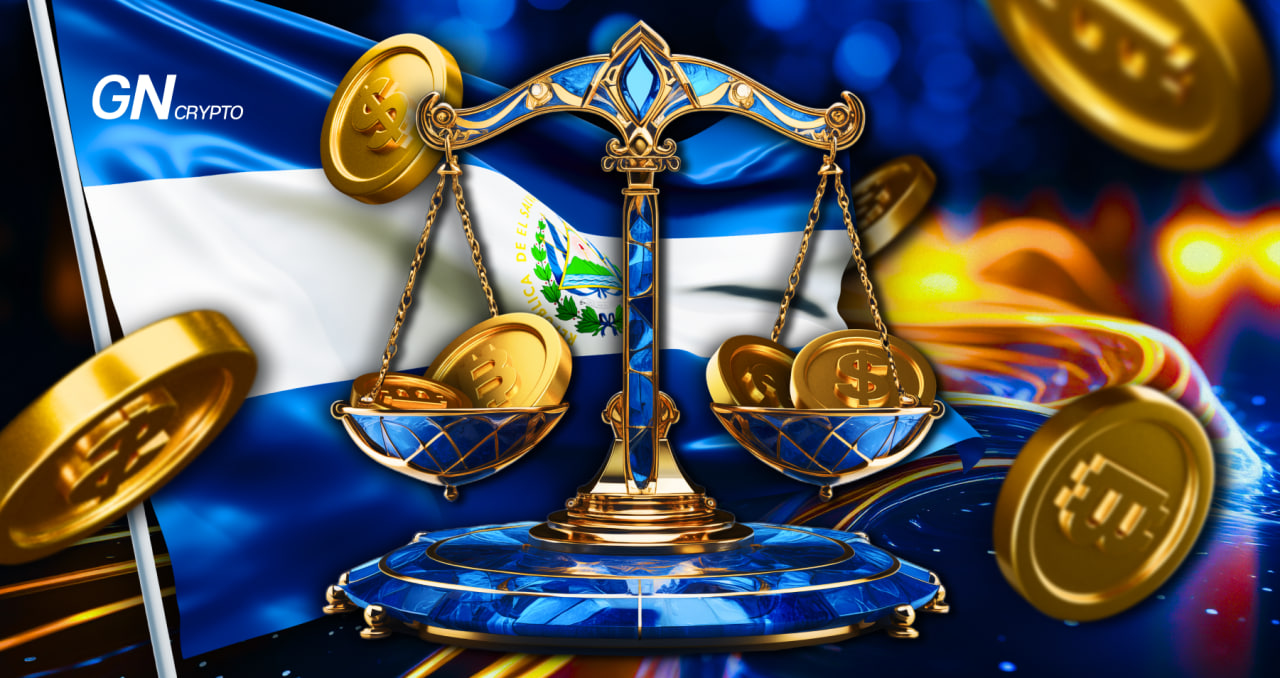Crypto Regulations in El Salvador

In 2021, El Salvador became the first country to officially recognize Bitcoin as legal tender, leading to significant regulatory developments.
On this page
El Salvador's move has turned it into an experimental field for global regulators, whether they contemplate recognizing cryptocurrencies as legitimate payment methods or remain skeptical about virtual assets. Economists and tax authorities across Europe, the USA, and Asia are keenly watching El Salvador's approach, learning from its experiences, which offer invaluable insights.
The Bitcoin Law in El Salvador
The legislation defines BTC as an “unrestricted legal tender with liberating power, unlimited in any transaction, and to any title that public or private natural or legal persons require carrying out.”
Key provisions of the law include:
- The option to list prices in Bitcoin.
- Payment of taxes using Bitcoin.
- State financial institutions facilitate BTC to US dollar conversions, exempt from capital gains tax.
- The US dollar remains the standard for accounting purposes.
- The BTC to US dollar exchange rate is set by the free market.
- All businesses are required to accept BTC as payment if they have the means to integrate blockchain technology into their systems.
Implications of Implementing the Law
The enactment of this law has brought a mix of positive and negative effects.
Positive outcomes include:
- Financial improvement for the general populace, especially in rural areas lacking traditional banking services.
- Enhanced competition among financial institutions for the incorporation of BTC in transactions.
- The creation of new jobs in the tech and innovation sector.
- The state's direct investment in cryptocurrency yielded revenues exceeding $12 million.
However, there have been adverse impacts:
- The law was implemented hastily without sufficient preparatory measures. Many Salvadorans, unfamiliar with cryptocurrencies, engaged in trading without understanding the market, leading to financial losses and a disheartening first experience.
- The volatility of Bitcoin posed a significant challenge for businesses transacting in BTC, prompting some to abandon its use, as permitted under the 2021 law.
- A noticeable increase in Bitcoin-related fraud and criminal activities.
- Challenges for the Central Reserve Bank of El Salvador (BANDESAL) in regulating Bitcoin, given its decentralized nature.
The actual number of citizens using BTC as a standard currency hasn't lived up to initial expectations. A survey by researchers from the Central American University “José Simeón Cañas” revealed a sobering reality: a mere 12% of the population uses Bitcoin for payments, and even then, their purchasing activity is minimal—most have used Bitcoin only a few times.
The Decline in Bitcoin's Appeal in El Salvador
The primary reason for the dwindling interest, as identified by researchers, was the hasty enactment of the Bitcoin Law. The legislation was passed shortly after President Nayib Armando Bukele announced the initiative, without adequate consultations with the business sector, public hearings, or basic education about digital assets for the populace. The infrastructure required to support this law was also not adequately developed, leading to a situation where Bitcoin was unexpectedly imposed on the citizens, reflecting a potentially flawed approach.
A more cautious approach, possibly starting with pilot testing in a specific city and initiating educational programs on cryptocurrencies and blockchain for students, might have been more effective. While President Bukele's eagerness to introduce his citizens to new technologies is commendable, the complexities at the state level make such initiatives challenging to implement successfully. Consequently, what was meant to be a groundbreaking initiative is now surrounded by numerous unresolved issues.
Cryptocurrency Companies in El Salvador
Setting up a digital exchange or trading platform in El Salvador is relatively straightforward. The country offers incentives like citizenship for individuals owning three or more BTCs and a simplified process for registering digital companies and obtaining business permits.
For a cryptocurrency trading, storage, and exchange license, the requirements include:
- Implementing AML (Anti-Money Laundering) procedures for clients, excluding Salvadorans using cryptocurrency for purchasing goods and services.
- Establishing a robust cybersecurity framework for the platform.
- Setting transaction limits within a comprehensive risk management strategy.
- Maintaining accurate records of client assets.
- Developing a contingency plan for liquidation in the event of bankruptcy.
Salvadoran banks are mandated to provide services for managing cryptocurrency accounts and offer advisory and technical support to businesses.
The IMF has raised concerns about El Salvador potentially becoming a hotspot for laundering illegally obtained funds, urging the local regulators to enforce stricter registration and oversight procedures.
The content on The Coinomist is for informational purposes only and should not be interpreted as financial advice. While we strive to provide accurate and up-to-date information, we do not guarantee the accuracy, completeness, or reliability of any content. Neither we accept liability for any errors or omissions in the information provided or for any financial losses incurred as a result of relying on this information. Actions based on this content are at your own risk. Always do your own research and consult a professional. See our Terms, Privacy Policy, and Disclaimers for more details.

























